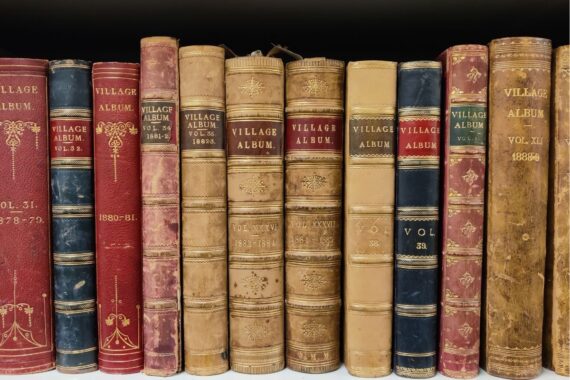Street
Expanding the village of Street
Collections including photographs, maps and plans, document the growth of the village from its roots in agricultural production to its rise as a centre for British footwear manufacturing, and now as the headquarters of a global brand and shopping village. The collections provide an insight into the communities that made it all possible.
Factory Buildings and Housing
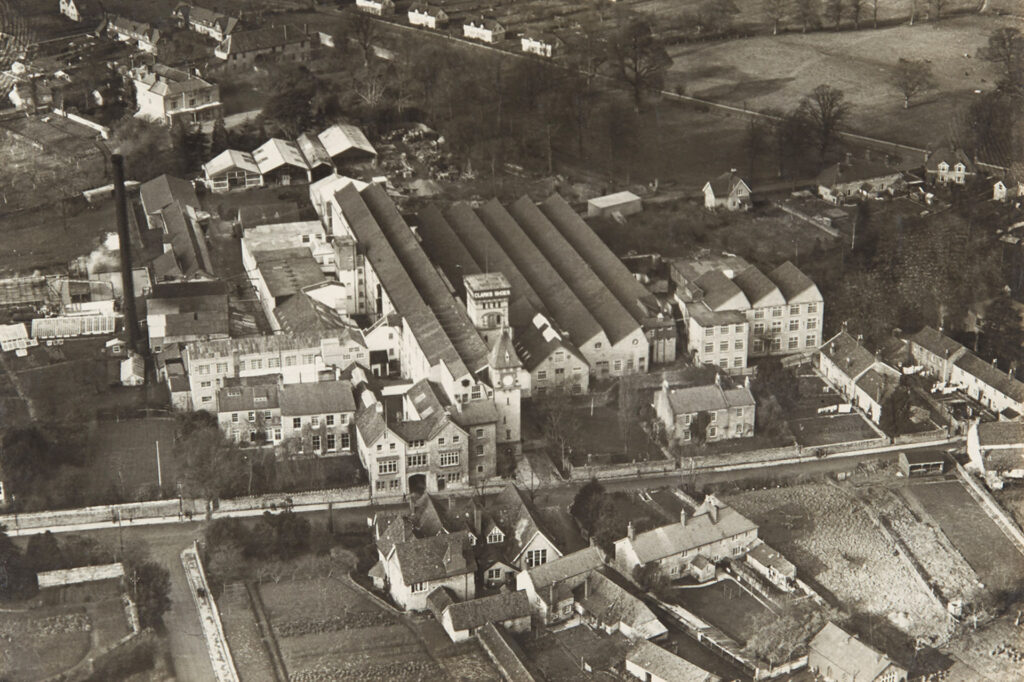
A comprehensive collection of maps and plans illustrate the development of Street including the building of workers housing, factories and warehouses, and community buildings. Photographs and documents detail the daily lives of its residents which complement the business papers and improve our understanding of what life was like in a growing and thriving village.
Education
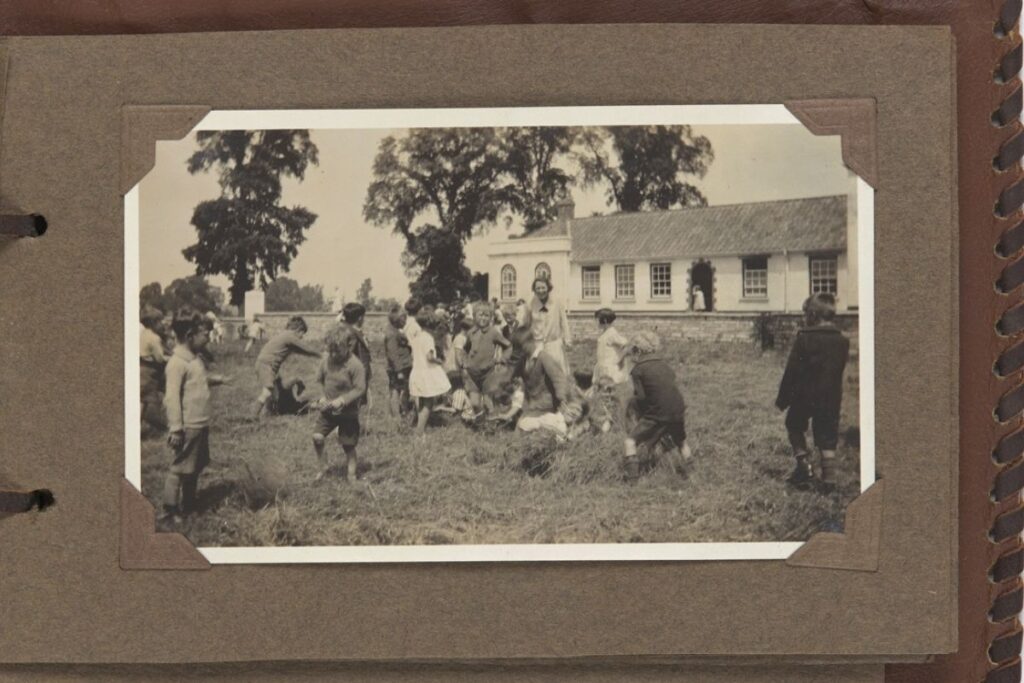
Illustrated through documents within the collections education in Street has been substantially supported by members of the local Quaker community, Clark family and business since the introduction of the First Day School in Street in 1804. The company continued to value education, and records show how they provided many opportunities for employees including supporting a Day Continuation School and Technical College. Papers include details of classes and school registers. As evidenced within the archive collections education was also provided for members of Street through the development of a village library, theatre and Geological Museum.
Societies and Associations
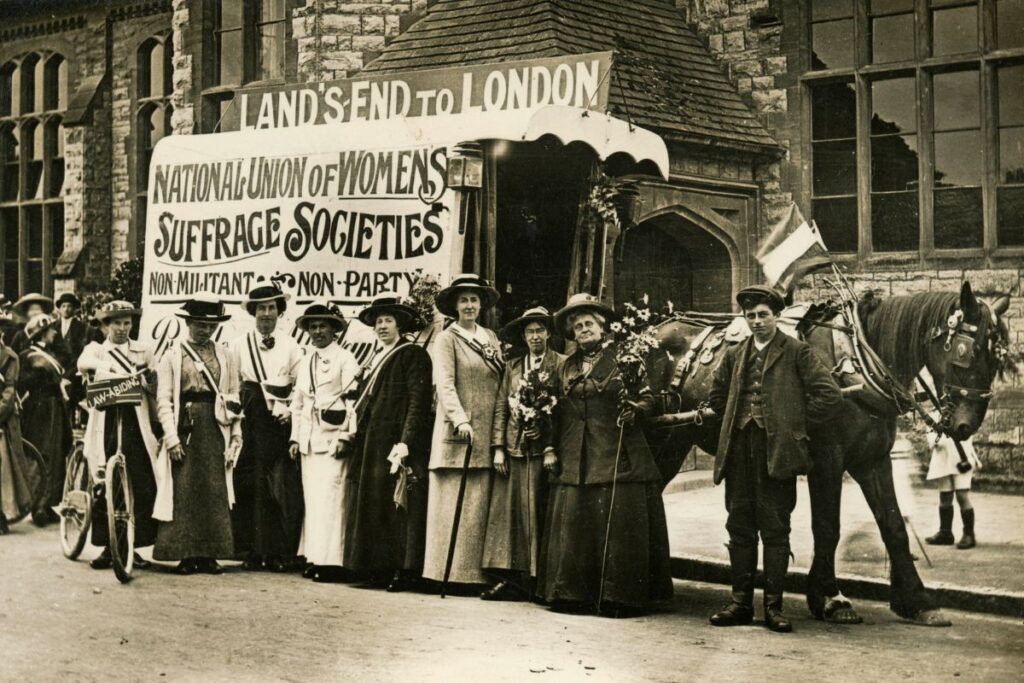
Records of local societies and associations are held within the collections. These reflect the interests of communities in Street throughout the nineteenth and twentieth century and cover subjects including politics, the arts, and social history. Collections include those of organisations such as Street Historical Society and Strode Theatre, whilst family and business collections reference the work of associations including the Western Temperance League, Friends Relief Service, and Street’s Co-Operative Society.
The Arts
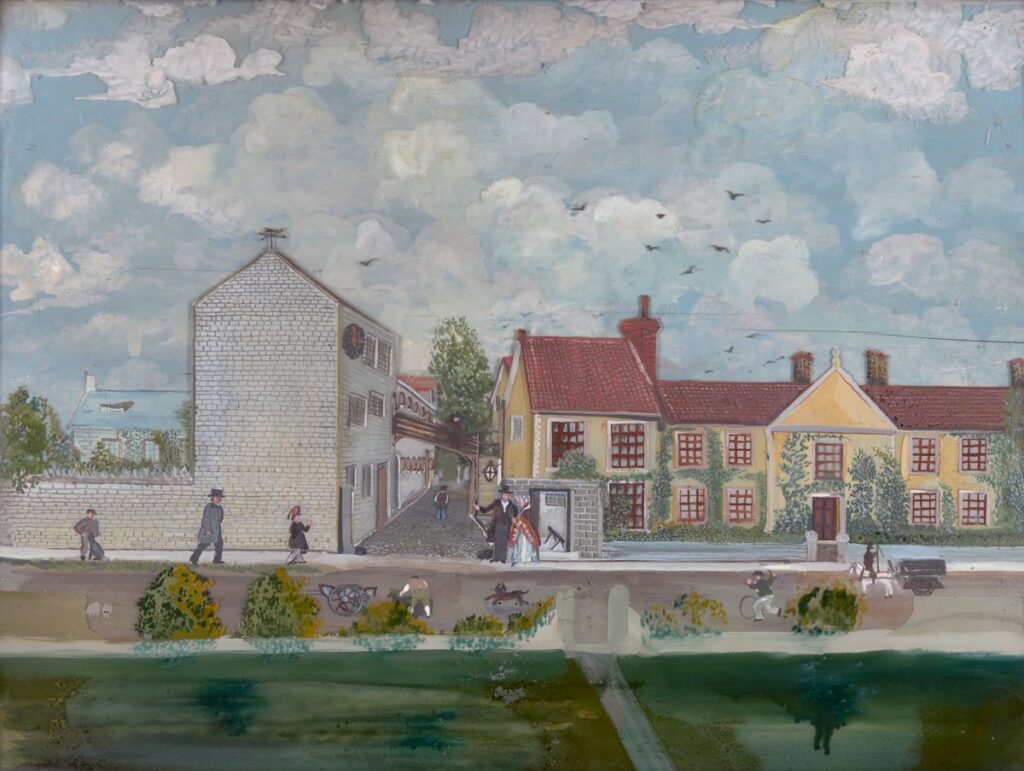
Through the benevolence and continued support of the Clark family, business and local community, Street has been home to many artistic enterprises. Papers highlight the work of Rutland Boughton and the development of the first Glastonbury Festival; Street became home to Laurence and Clemence Housman. The collections include the Strode Theatre Archive and the works of Strode Operatic Society and amateur dramatic productions. The local Quaker community established a long-lived literary society creating a series of 99 bound volumes of essays, poems and artworks known as the Village Albums.
